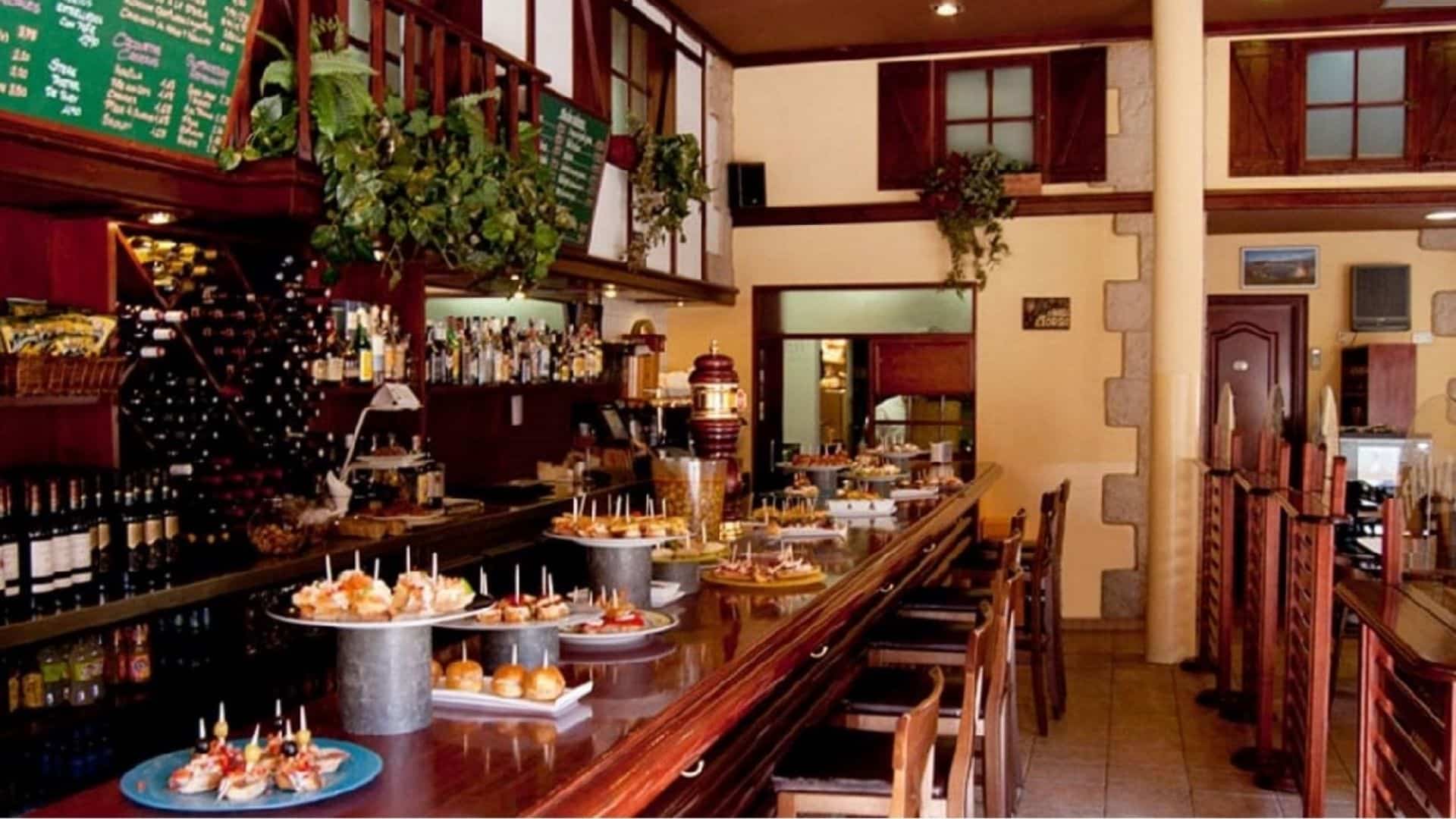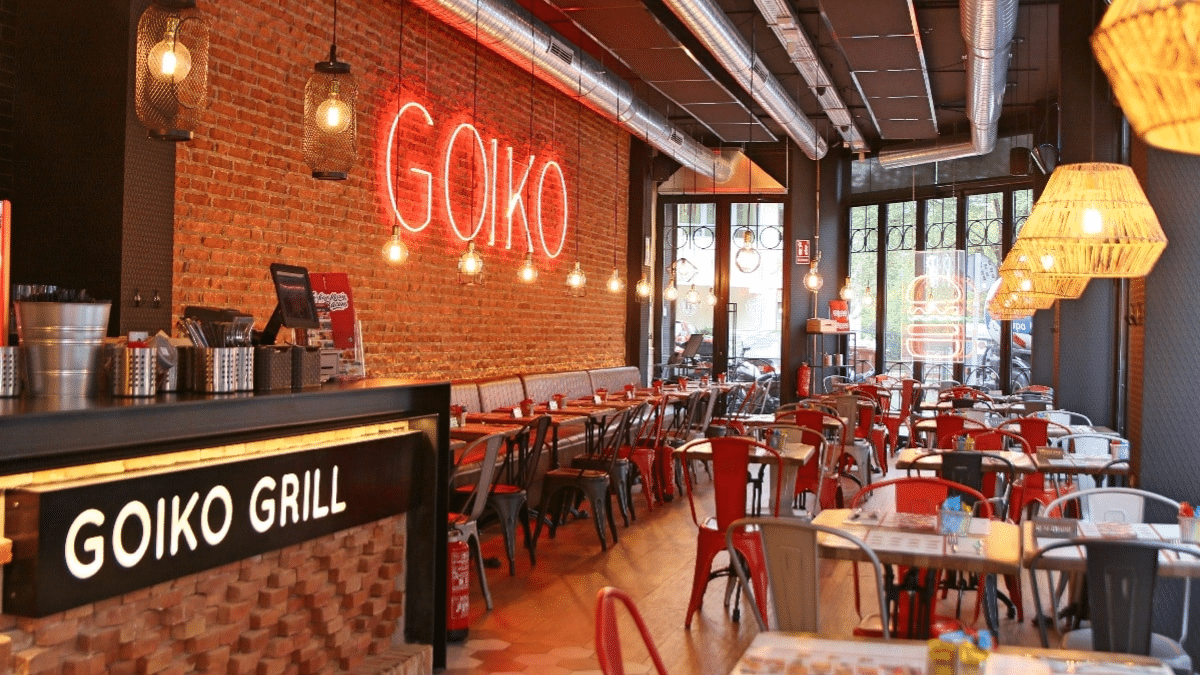
Taco Bell eases its opening schedule as it awaits a more favourable macro scenario
Taco Bell is finding it hard to consolidate its business in Spain. Fifteen years after landing in our country, the fast food chain is present in around twenty locations and has more than a hundred outlets. However, the combined impact of the coronavirus crisis and the macro-inflationary environment has kept the company far from profitability, despite the recovery of its activity.
The Tex-Mex inspired brand, master franchised in Spain by Casual Brands Corp, recorded a loss of 1.6 million euros in 2022. These red numbers are much less bulky than those harvested during the two years of the pandemic, in which Taco Bell Spain lost 12.9 million euros. The bulk of this deficit was accumulated in 2020, when it lost €8 million, while the remaining €4.9 million was lost in 2021.
As a result of this financial hole, Restabell Franchises – the company that holds the brand’s master franchise rights for Spain and Portugal – had a negative working capital of 14.6 million euros at the end of the 2022 financial year, compared to 24 million euros the previous year. Taco Bell managed to mitigate its financial situation after resorting to the support of its US parent company, which extended the limit of its financing contract to 30 million euros.
Thanks to these new resources, which it already had in 2021, the company was able to pay off debt, finance openings and meet the annual result. In addition to adding 24 new franchisee openings, Taco Bell opened 11 new company-owned locations last year, including six in the fourth quarter.
With its decision to delay the opening schedule, it was able to shift the majority of year-end costs, as well as capex expenses, to 2023. This is part of a strategy that it intends to replicate this year, assuming it meets the number of planned openings. In this way, the company maintains its expansion plan, but with a flexible schedule.
But what are the factors slowing down Taco Bell’s take-off in Spain? “We would like to point out that this year’s results, as well as those of the previous year, reflect the consequences of the increase in the cost of external financing, raw materials and supplies, all of which have become more expensive as a result of the war in Ukraine and the economic effects that hindered the expected results of the previous year as a result of Covid”, the company states in its latest management report.
Despite the current circumstances, the brand is off to a good start in 2023, thanks to significant growth in sales and negotiations with suppliers. “The situation is starting to ease and this will have a positive impact on the business,” they admit. In fact, they estimate that it will generate enough profit to maintain the necessary financial balance.
For the time being, in 2022, it returned to positive Ebitda. This, together with greater efficiencies in business operations with sales increases, which reached 86.4 million euros, compared to 64.4 million euros in 2021. Almost half of the business is concentrated in Madrid (30.6 million) and Barcelona (10.9 million).
“Any increase in sales brings with it an increase in fixed margins and also means a reduction in controllable and personnel costs, as fixed amounts are optimised”.












